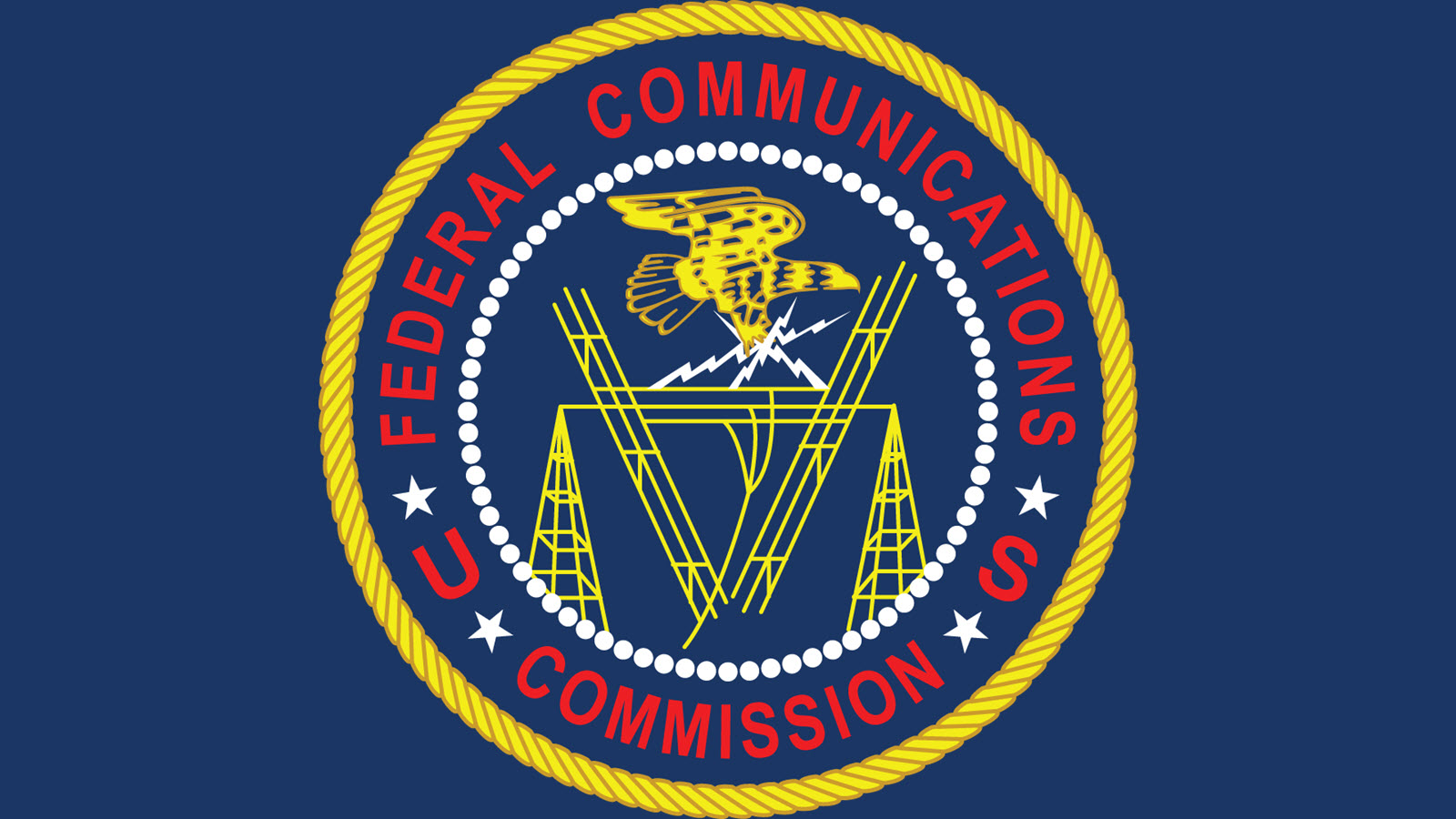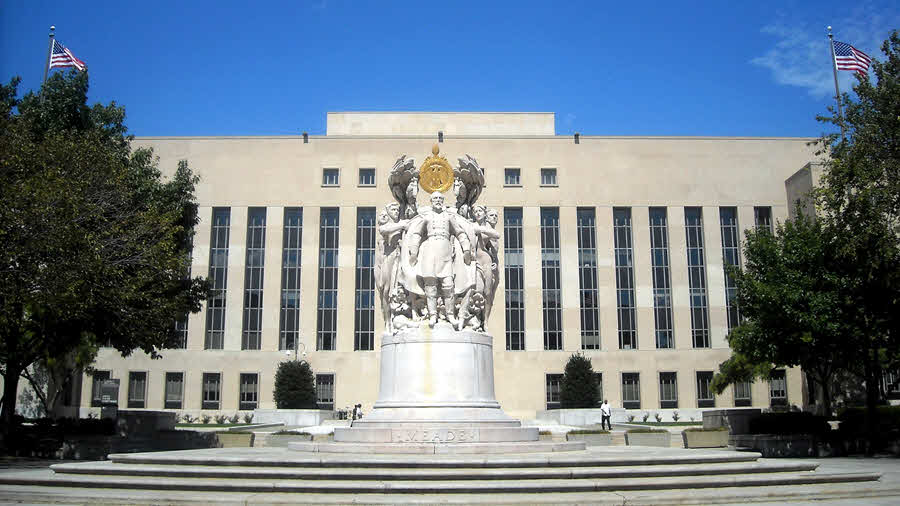ISPs to Court: FCC is Spot on With Net Neutrality Dereg

The smarter way to stay on top of broadcasting and cable industry. Sign up below
You are now subscribed
Your newsletter sign-up was successful

No surprise here, but ISPs have filed a brief in support of the FCC, one of many briefs filed this week with the U.S. Court of Appeals for the D.C. Circuit, which is hearing Mozilla et al challenge to the FCC's net neutrality deregulation.
"We believe the FCC's Restoring Internet Freedom Order correctly classified broadband as an information service and lawfully preempted state and local regulation of broadband," said The American Cable Association, NCTA-The Internet & Television Association, USTelecom, CTIA and WISPA in a joint filing to intervene in the case in support of the FCC. "Broadband providers are united in protecting the open Internet for all consumers."
They also echoed a common refrain these days: Let Capitol Hill make the call. "Congress should ultimately resolve this issue with a national framework to enshrine the open Internet principles we all support."
They told the court that the FCC's new oversight framework, which includes enhanced transparency about what ISPs are doing, enforceable by the Federal Trade Commission, that ensures that those commitments to an open internet are "transparent and enforceable."
They said the case is not about whether or not the internet will remain open--it will if they have anything to do with it, they suggested--but whether the FCC may conclude, as it did in the Restoring Internet Freedom order and as it has done previously under both Republican and Democratic administrations, that "broadband internet access service should be subject to light-touch regulation," that being as a Title I information service not subject to common carrier regulation (title II).
They said the Supreme Court's decision in Brand X--upholding an earlier FCC classification of internet access as an information service--makes clear the FCC may do so, and the order demonstrates that its decision to do so once again was reasonable.
The FCC does not have to prove its approach was necessarily the best policy choice, only that it was defensible and not arbitrary or capricious. Courts tend to defer to agency expertise rather than substitute their own judgment about the underlying policy.
The smarter way to stay on top of broadcasting and cable industry. Sign up below
They argue that the FCC's brief to the court defending the decision "amply justifies" the return to Title I under which the internet flourished.
As Brand X found, and the ISPs support, broadband inextricably combines information processing telecommunications, and that broadband is an information service capable of being processed via telecommunications.
They also put in a pitch for preemption of state regulation, something most of the intervenors are taking direct action against them selves.
The FCC's deregulatory order preempted states from trying to reimpose the rules against blocking or throttling or paid prioritization, but some states, including California and Vermont, have tried to do so. ISPs have filed suit against Vermont and joined a Department of Justice suit against California.
Contributing editor John Eggerton has been an editor and/or writer on media regulation, legislation and policy for over four decades, including covering the FCC, FTC, Congress, the major media trade associations, and the federal courts. In addition to Multichannel News and Broadcasting + Cable, his work has appeared in Radio World, TV Technology, TV Fax, This Week in Consumer Electronics, Variety and the Encyclopedia Britannica.

